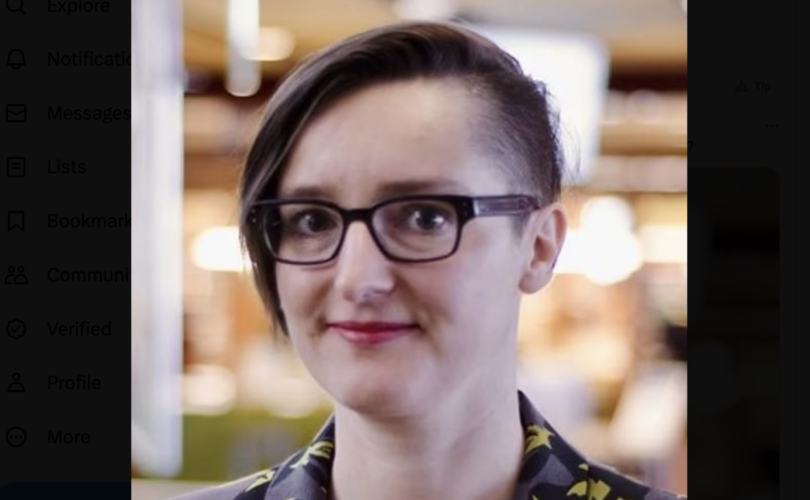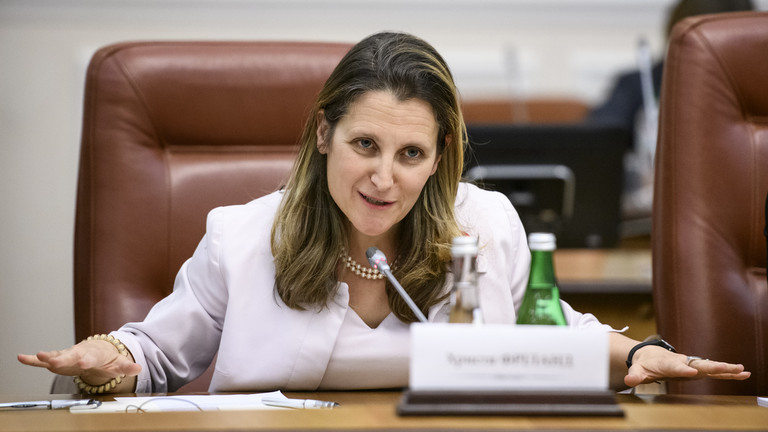In today’s rapidly evolving society, discussions surrounding gender diversity and inclusion have sparked debates across various platforms. An associate professor at the University of British Columbia (UBC) has introduced a thought-provoking concept, suggesting that parents consider a unique approach to preparing their children for encounters with gender diversity. In this article, we will delve into this controversial proposal and explore its potential implications.
Understanding the Professor’s Perspective
The University of British Columbia’s Katja Thieme, a member of the English Department, recently shared a parenting idea on social media. She proposed that parents expose their children to the anatomical diversity of penises and vulvas across different ages and sizes. Thieme believes that such exposure, conducted in a casual and normalized manner, could play a role in preparing children for potential interactions with individuals who may identify differently from their assigned gender at birth.
Addressing Gender Diversity in Today’s World
The professor’s suggestion comes at a time when society is grappling with issues related to gender identity and inclusion. Instances of gender-confused men entering female spaces and vice versa have raised concerns about the comfort and safety of all individuals involved. One such case involved American college swimmer Riley Gaines, who garnered attention for defending women’s sports against the participation of individuals such as William ‘Lia’ Thomas.
16-yo girl banned from YMCA and kicked off her swim team for opposing a naked male in their locker room.
And to make matters worse, her older sister had to go through the exact same thing with Lia Thomas. But it's "not really happening"….https://t.co/3cxtf6oldS
— Riley Gaines (@Riley_Gaines_) July 9, 2023
The Case of Riley Gaines and Thieme’s Response
Thieme’s comments were prompted by a social media post by Riley Gaines, highlighting the story of a 16-year-old female swimmer who faced repercussions for opposing the presence of a naked male in a locker room. Thieme’s response to Gaines’ post expressed the idea that individuals like Gaines could benefit from being more at ease in the presence of transgender individuals. She also suggested that parents discuss such situations with their children, focusing on acceptance and understanding.
Reactions and Backlash
The professor’s comments garnered significant attention and sparked a heated debate. Riley Gaines herself criticized Thieme’s perspective as “deranged,” reflecting the polarizing nature of the proposal. Pro-family activist Jason Jones also voiced his thoughts on the matter, highlighting the complexities of exposing young children to sensitive topics.
Examining the Controversy
While Thieme’s suggestion has generated controversy, it is essential to understand the broader context in which these discussions are taking place. Advocates of gender diversity often emphasize the importance of normalization and education to create a more inclusive society. However, opponents argue that exposing young children to explicit content may not be the most appropriate way to achieve these goals.
The Larger Discussion on Gender Identity in Education
The controversy surrounding Thieme’s suggestion highlights a broader issue within educational systems in both Canada and the U.S. Concerns have arisen regarding the introduction of explicit or age-inappropriate materials to young children. Instances of curricula focusing on concepts like “gender identity” and transgenderism have caused tension between educational institutions and parents who hold differing beliefs.
Conclusion: A Balancing Act
In a world where discussions on gender diversity and inclusion are more critical than ever, finding a balance between education and sensitivity remains a challenge. The proposal put forth by Professor Katja Thieme encourages a unique approach to preparing children for encounters with gender diversity. While the intention to promote acceptance is evident, the method and appropriateness of such exposure raise significant questions.
As society continues to navigate these complex conversations, it is crucial to engage in thoughtful dialogue that respects differing viewpoints while prioritizing the well-being and understanding of all individuals, regardless of their gender identity. The path forward involves addressing concerns, finding common ground, and working towards a more inclusive future.










